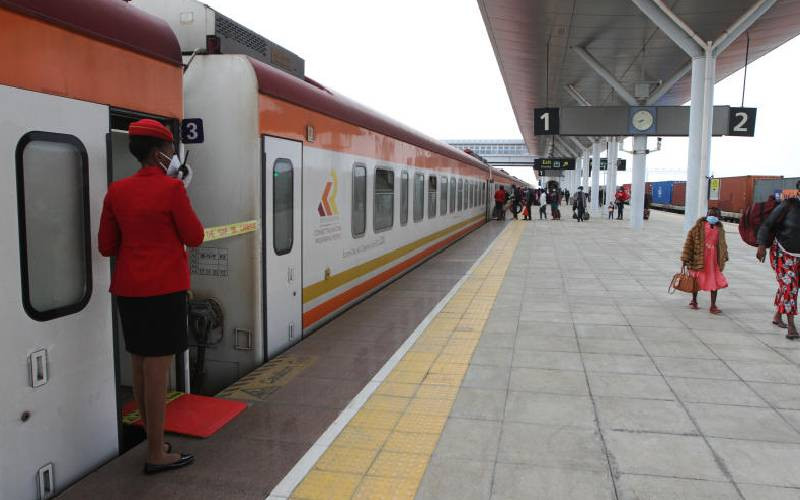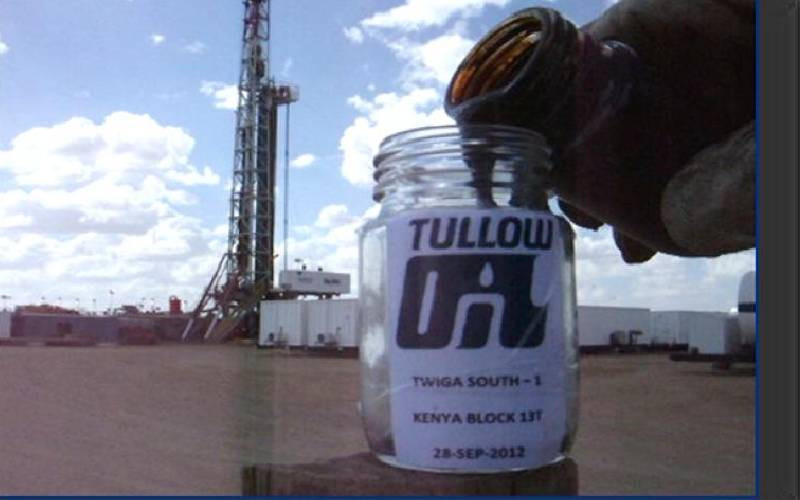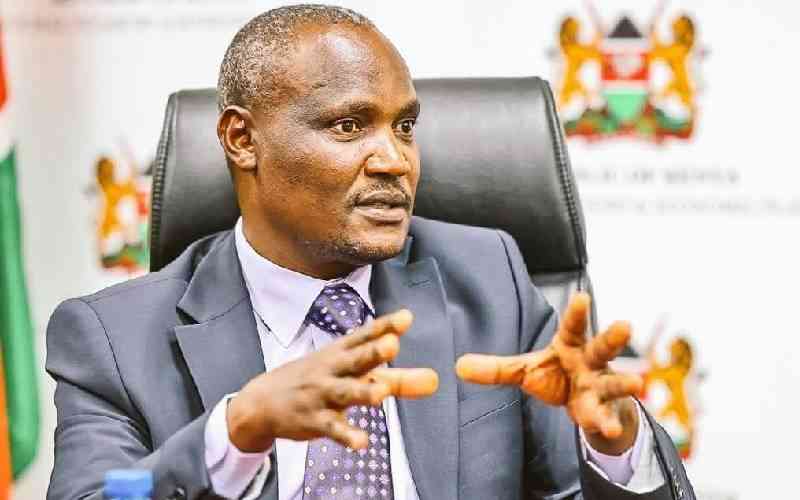Devolution has brought a ray of hope for the past seven financial years among Kenyans notwithstanding its shortcomings. As envisaged in Article 174 (g), the drafters of the 2010 Constitution envisioned “equitable sharing of national and local resources throughout Kenya.”
Principally, both vertical and horizontal revenue sharing has been contentious with county governments demanding an increase from the Consolidated Fund, at the same, horizontal sharing among counties has been a subject of debate in the two previous formulas proposed by the Commission on Revenue Allocation. The evolution of the formulas has seen population taking the lion share of the revenue pie.







